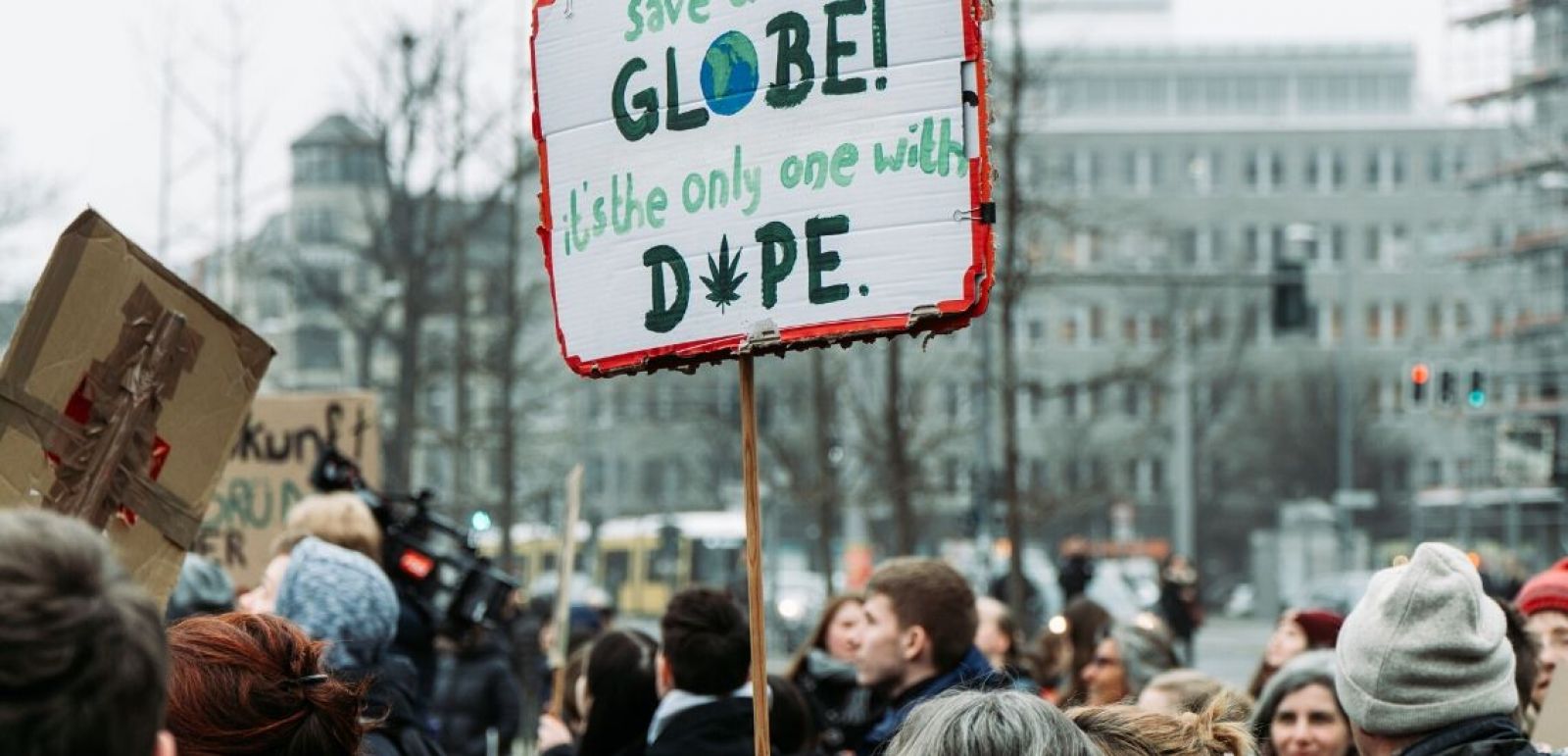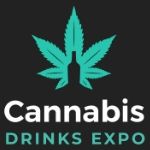
News
Legal Concerns For The Cannabis Drinks Market!
Get informed of the Legal Concerns of Cannabis Drinks Market – In Easy Uncomplicated Words!
Confusions and conundrums encircling the world of cannabis market aren’t a new thing, but with the emergence of cannabis drinks becoming not just a possibility but an actual product being sold, this conundrum and decades of confusion is now demanding a clearer line of legal demarcation. This came through with the FDA approving Epidiolex, a CBD oral solution, bringing the world’s attention to a rare occurrence i.e. approving a drug containing cannabidiol, succeeding to which the Farm Bill was also passed defining hemp an agricultural product under certain conditions.
With the Cannabis Drinks Expo that took place in July 2019 in summer in San Francisco this year, Forbes recognized the canna-beverages market to be $1.4 billion industry by 2023. This figure acknowledged by Forbes speaks leaps and bounds of what this industry is capable of becoming in the near future.
“It is against the law in California for a cannabis beverage being an alcoholic beverage." -Lauren Mendelsohn, Associate Attorney/Law Offices of Omar Figueroa, at the Cannabis Drinks Expo
Let’s delve into what legal concerns need to be kept in mind currently in order to enter and sustain in the cannabis beverage market:
Amount of THC
The cannabis drinks market is currently highly-regulated by the Department of Public Health, while some regulations are also enforced by the Bureau of Cannabis Control.
-
“Edible products”, a category of cannabis products is capped at a 100mg of THC per package.
-
Along with 100mg THC per package, serving dosage limitations are capped at 10mg per serving.
-
Currently, the amount CBD (Canniboil) does not interest California State, as THC is what the state considers psycho-active.
-
California is explained here, as most other states other than California and DC have a much more relaxed outlook towards cannabis edible products.
State-Wise Packaging and Distribution
Packaging
-
Californian law is very strict when it comes to child-resistant packaging. The product needs to not only be child-resistant before breaking the seal of the beverage but also needs to be able to be child-resistant after it’s closed again for later use.
-
There are state set rules with respect to packaging which are currently extremely outrageous only because there are no laws passed for this of any nature. “ab-228” is still under process although the new Farm Bill does relax a lot of things pertaining to some clarity on what is cannabis and what is hemp, the rules pertaining to packaging are still on the more unreasonable spectrum, and those that are in business already are complying with them somehow.
Distribution
-
Licensed dispensaries are only allowed to sell cannabis goods. A dispensary cannot sell a soda or a bag of chips and not even a hemp product unless they were derived from a cannabis producer.
-
Only to further clarify on the above point, hemp is now legally completely different from cannabis although the current rules not only ask for hemp to be derived from a cannabis producer but also conclude that the levels of THC must be equal to or less than 0.3%, and only then could it be called industrial hemp which would then be deemed to be legally permissible to be sold in the form of an edible.
Marketing governing cannabis products
A product which is not only struggling to be distributed, imagine restrictions to marketing that it might be currently facing:
-
It should not be appealing to children in any way or form.
-
Washington has heavy restrictions when it comes to the color of the package
-
California has restrictions when it comes to cartoon characters and things like that.
-
Edibles that have pictures that in any way or form deceive or confuse a consumer who might reasonably mistake them for being a non-cannabis version of itself are considered non-permissible.
-
Under no circumstance should you intentionally or non-intentionally pretend to be a different kind of product?
“California says non-alcoholic is not enough to say its non-alcoholic!” - Michael Hayford, Business Entrepreneur
Health Claims
-
One is not permitted to claim the cannabis-infused beverage to be a dietary supplement.
-
One is not permitted to claim it to cure any physical or mental issues.
-
One is not permitted to even indicate it to have any health benefits whatsoever.
“FDA is working and should have some more rules by this summer or this fall.” - Lauren Mendelsohn, Associate Attorney/Law Offices of Omar Figueroa at the Cannabis Drinks Expo, July 2019
Product Quality Perspective
Oils are attracted to plastics (what multiple beverage companies have discovered), which means you are going to have to add sugar to increase shelf-life, and if not that, what is the solution to increasing the shelf-life and quality. This is the reason why companies have already begun investing millions into R&D to find a safe route in order to find a responsible way to conduct business in order to stay ahead of the curve in case any legal developments begin to proliferate in the coming years (which are expected).
Technical awareness of how you have derived to your cannabis drink, and if your awareness is enough for a consumer to consume it safely.
“Once I consumed an edible, and found it affecting me two hours later while I was driving” - Michael Hayford, Business Entrepreneur
Hayford’s statement is an example as to what companies need to be completely aware of, so as to give an immediate “sessionable” high, and not a high at an unpredictable time after having consumed the edible, and also only a “sessionable” high without feeling stoned.
There are no rules right now related to unlicensed retailers, i.e. gas stations or groceries selling hemp and CBD drinks regulated after the farm bill. The farm bill although it makes them illegal, there is enough “unjust” business going on, 0only because there is nothing that regulates them to not do so.
Understanding the Farm Bill
On December 20th2018, the United States farm bill passed and became a law.
Industrial hemp was removed from the category of Schedule I controlled substances and was defined legally as cannabis with less than or equal to 0.3% THC. Which basically means hemp will now not be considered cannabis anymore and instead will be considered hemp. This definition further grew interests of plant growers of the industry and snowballed into permissible hemp used to produce cannabis-infused drinks only allowed to be acquired from licensed hemp farmers who maintain THC levels equal to or below 0.3%
“Interpretation of the law is the most challenging part.” - Stacy Hostetter, General Counsel/CannaCraft at the Cannabis Drinks Expo, July 2019
About Cannabis Drinks Expo
 Cannabis Drinks Expo is a must-attend event for those curiously eying the future of the burgeoning U.S. cannabis industry.
Cannabis Drinks Expo is a must-attend event for those curiously eying the future of the burgeoning U.S. cannabis industry.
We also cover the key issues surrounding the likelihood and timescale for legalization to other countries, as well as the impact of legalized cannabis on the traditional alcoholic and non-alcoholic drinks markets globally.
Who should Visit?
Cannabis Drinks Expo promises to be relevant for anyone involved in the development, production, distribution and retailing of cannabis and related products. It will also provide a vital networking opportunity for political analysts, medical experts and those involved in the development and implementation of legalized cannabis into new markets.
Attend Cannabis Drinks Expo in preferred city
Who should exhibit?
If you’re serious about the cannabis drinks category, we’re still keeping it as real as ever. At Cannabis Drinks Expo, our goal is to empower you with knowledge, network, and platform so you can grow and build your cannabis drinks business. CDE is where you will find cannabis brands and suppliers who are serious about building their business in this category exhibit.
Exhibit in preferred city
Potential exhibitors include (but not limited to): Medical marijuana producers, Cannabis growers, Cannabis producers/ product developers, Cannabis processors, Cannabis distributors/transporters, Wineries, Breweries, Distilleries, Branded drinks companies, Drinks manufacturers/producers, Pharma companies, Equipments and service providers, CBD manufacturers, Marijuana-Infused products and edibles providers, Testing and laboratory services, Logistics and supply chain operators, Drinks distributors/wholesalers, Drinks importers, Lobbyists/ public affairs businesses, Political advisors, and more.



